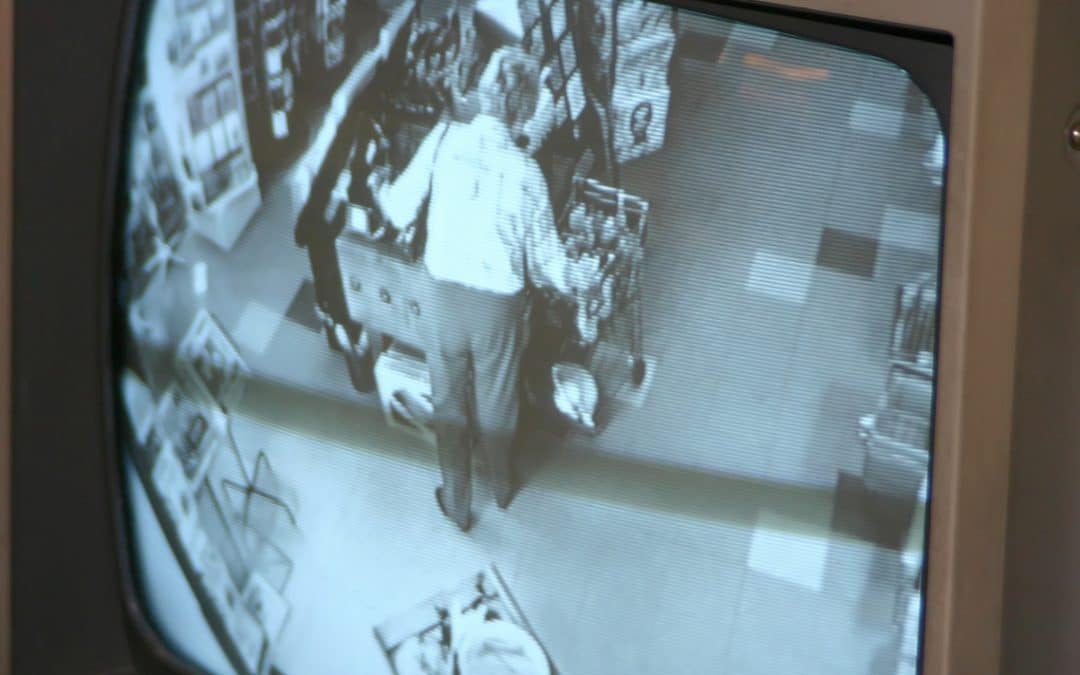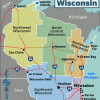A Phil Hall Op-Ed: Last February, the Walgreens pharmacy chain closed a store in the Roxbury section of Boston. The company cited the location as being one of several where it claimed that “rampant theft” made it impossible to conduct business without criminal disruptions.
U.S. Rep. Ayanna Pressley, who represents the area, addressed the closure in a most unusual way. Pressley, who is one of the outspoken members of “The Squad” progressives within the House of Representatives, ignored the ongoing criminal activity targeting the chain’s stores and blamed Walgreens for intentionally abandoning neighborhoods.
“These closures are not arbitrary and they are not innocent,” she declared. “They are life-threatening acts of racial and economic discrimination … Why was there no community input? No adequate notice to customers? And no transition resources to prevent gaps in health care? Shame on you, Walgreens.”
Pressley’s belief that it was incumbent upon a retail tenant closing because of high crime rates to prepare for a similar tenant to take over its space was shared earlier this month by Dean Preston, a San Francisco supervisor who proposed legislation that would enable local residents to sue a grocery store if it abruptly closed without going through a lengthy process of community engagement, including the filing of a closing notice with the city six months ahead of the planned shutdown.
“We need to be doing everything in our power to maintain access to groceries in our neighborhoods,” said Preston, who failed to acknowledge that too many San Francisco retailers have shut down due to crime across the city.
Over in St. Louis, Mayor Tishaura Jones believed local businesses should be held responsible for the violent crime the occurs outside of their establishments.
“We have a lot of violence around convenience stores and gas stations,” Jones said last month. “So how can we hold those business owners accountable and also bring down crime?”
Do you see a pattern going on here? Somehow, the retail stores are responsible for the crime happening within and around their establishments, and if they want to move out of high-crime areas they are bad citizens and racists.
This is not a new development. Last year, when Target announced it was closing stores in high crime areas, several prominent left-leaning media organizations questioned the retailer’s motives. CNBC went so far as to question “whether the company’s announcement was designed to advance its legislative agenda and obscure poor financial performance.”
Indeed, there are too many entities that aggressively insist retail-related crime is not as bad as store owners claim. In 2021, a website called The Appeal that identifies itself as a “nonprofit news organization” dismissed retail crime statistics as unreliable because police departments are “not reliable narrators about crime and public safety because they have their own interests to protect.” But The Appeal argued the cops were in cahoots with “wealthy corporations that see arrests and prison terms as means to protect their bottom line.”
Last month, the Brookings Institution – which the New York Times referred to as “a pillar of Washington’s liberal establishment” – published an article stating that “existing data on retail theft is highly unreliable and imprecise” while suggesting the Consumer Financial Protection Bureau should get involved in the policing of the “third-party resale of online goods” that features pilfered merchandise. The Brookings experts also claimed that crime could vanish with more federal assistance to low-income households.
“Policymakers should consider evidence-informed ways to help families meet their basic needs,” the Brookings experts said. “Indeed, evidence shows that a broad range of preventative investments – from Medicaid expansion to summer jobs, SNAP funding, public school funding, guaranteed income, expanded access to substance abuse treatment, the number of nonprofits, decreases in inequality, and increases in the minimum wage – can serve to reduce property crime.”
Of course, none of this is helpful to the commercial real estate brokers with the difficult assignment of trying to lease retail units in areas where crime is anything but a figment of the imagination. And as retailers vanish, local residents who lack access to basic consumer goods and face growing criminal threats will soon follow them out of town. Thus, commercial and residential vacancies will disfigure markets because no one wanted to take retail crime seriously.
Perhaps it is time to hold elected officials, judges and prosecutors responsible for ensuring the criminals are not on the streets or in the stores? We should not have to be audience to the warped conspiracy theories that want us to believe retail crime isn’t as bad as retailers insist, or that retailers are somehow responsible for crime, or that retailers should be forced to stay in areas they consider unsafe.
Phil Hall is editor of Weekly Real Estate News. He can be reached at [email protected].
Photo: Darinburt / iStock















It seems that U.S. Rep. Ayanna Pressley may be completely ignorant of basic economics. Its pretty simple math that if a retail entity is operating at an 8% NOI (pretty good NOI) and a criminal steals $10,000 worth of mercandise it will take an estimated additional $125,000 in sales to recover the cost of the mercandise stolen and the overhead expenses of operating the business and providing the location. I do realize that the representative exists within an enviorment that does not have to be concerned about NOI since if they over spend their budget, they just print more money or increase the taxes on the citizens/businesses to cover their inexcusable lack fo fiscal responsibility. Funny, they don’t realize or probably don’t care about basic economics or the burden they place on the citizens when they behave in such an irrisponsible fiscal fashion.
We know the “pattern” these 3 no business knowledge, police hating, no bail, soft on crime, socialist individuals refuse to acknowledge. Give us a break.